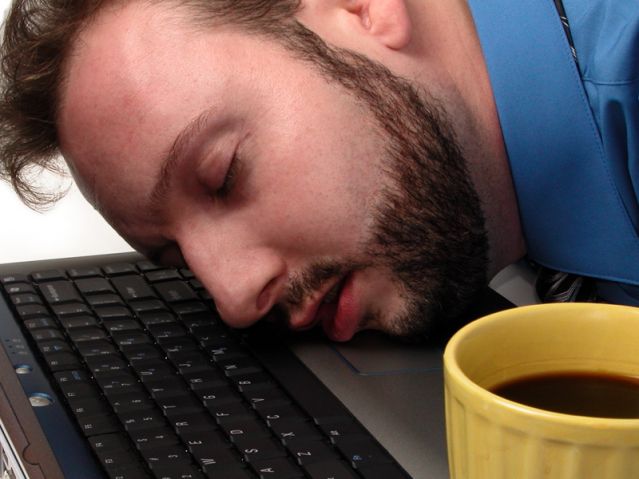



7 Our team has reported that depressive and anxiety symptoms commonly co-occur with acute insomnia in the community. Insomnia, depression and anxiety are highly prevalent and are frequently comorbid, with individuals who have insomnia being five times more likely to experience depression or anxiety. 2 Most studies on the efficacy of CBTi have focused on treatment methods (eg, face-to-face vs telehealth), but few studies have examined the impact of insomnia comorbidity. 6 Our team found that a 1-week regiment of self-guided CBTi was effective for treating acute insomnia during the COVID-19 pandemic. 5 During the COVID-19 pandemic, CBTi through telehealth became more available, showing comparable efficacy to traditional face-to-face treatment. 4 The recommended first-line treatment for insomnia is cognitive–behavioural therapy for insomnia (CBTi), which includes multiple components such as stimulus control techniques, sleep education, cognitive therapy and sleep restriction techniques. 1 Situational insomnia, also known as acute insomnia, has become more prevalent among people in hospitals and communities under the high and continuous stress of coronavirus disease 2019 (COVID-19) 2 3 and can potentially develop into chronic insomnia following repeated episodes. 1 People with acute insomnia experience significantly higher levels of psychological distress. Acute insomnia is characterised by the persistence of insomnia symptoms for a brief period of time before diagnosis, typically lasting one to several days or up to a few weeks.


 0 kommentar(er)
0 kommentar(er)
